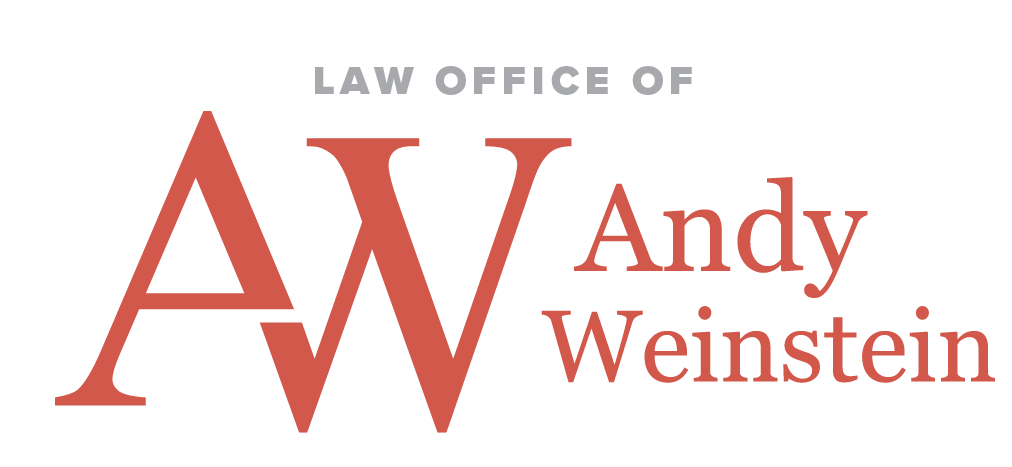If you are a landlord who wants to rent out your property, you need a residential lease that covers all of the essential terms and conditions of the rental agreement. A good residential lease should be clear, comprehensive and compliant with the state and local laws where your property is located. Here are some tips on how to create a solid residential lease for your rental property.
Include the basic information and terms
Your residential lease should include the basic information and terms that identify the parties, the property and the rental period. These include: the names and contact information of the landlord and the tenant, address and description of the rental property, start and end date of the lease term and the amount and frequency of rent payments.
It should also include the amount and purpose of the security deposit, the utilities and services included or excluded in the rent and the rules and restrictions on subletting, pets, guests, smoking, noise, etc. Finally, include the procedures for maintenance requests, repairs, inspections, etc., and the grounds and notice requirements for terminating or renewing the lease.
Specify the payment and security deposit policies
One of the most important aspects of your residential lease is the payment and security deposit policies. You should clearly state how much rent is due each month, when it is due, how it should be paid, where it should be paid and what are the penalties or fees for late or missed payments. You should also check your state laws on how much security deposit you can collect, how you should store it, when you should return it and what deductions you can make from it.
State your policies on subletting, pets and other activities
Another important aspect of your residential lease is your policies on subletting, pets and other activities that may affect your property or other tenants. You should specify whether you allow subletting or not, and if so, under what conditions. You should also state whether you allow pets or not, and if so, what types, sizes, breeds and numbers of pets are permitted. Additionally, you should state any rules or restrictions on other activities that may cause damage, disturbance or liability to you or others, such as smoking, noise, guests, etc.
Summarize other fees and penalties
Your residential lease should also summarize any other fees or penalties that may apply during the tenancy. These may include application fees, cleaning fees, late fees, bounced check fees, pet fees or deposits, repair costs for damages caused by the tenant, early termination fees, etc. You should also state how you will enforce these fees and the consequences for breaking or breaching the lease.

